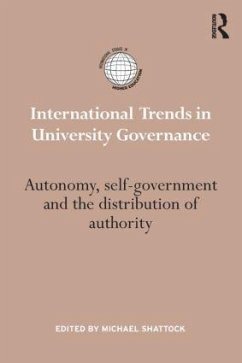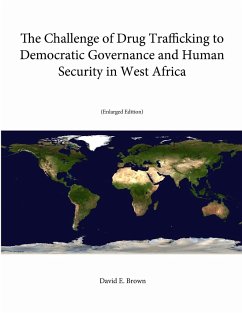
The PISA Effect on Global Educational Governance
Versandkostenfrei!
Versandfertig in 1-2 Wochen
54,99 €
inkl. MwSt.

PAYBACK Punkte
27 °P sammeln!
The Program for International Student Assessment (PISA) is an international achievement measure that assesses 15-year-old student performance in the areas of reading, mathematics, and science literacy in over 70 countries and economies triennially. By presenting an in-depth examination of PISA's role in education governance and policy discourses, this book provides the reader with a critical analysis of the educational change process within our increasingly global educational policy environment. Exploring the prominent socio-political drivers of large-scale educational reform across the globe,...
The Program for International Student Assessment (PISA) is an international achievement measure that assesses 15-year-old student performance in the areas of reading, mathematics, and science literacy in over 70 countries and economies triennially. By presenting an in-depth examination of PISA's role in education governance and policy discourses, this book provides the reader with a critical analysis of the educational change process within our increasingly global educational policy environment. Exploring the prominent socio-political drivers of large-scale educational reform across the globe, chapter authors examine PISA's national and global implications from a diverse range of regional contexts. Through the presentation of cross-disciplinary viewpoints and topical issues related to the PISA international survey, this volume explains the degree to which PISA-focused research is linked to national educational policy discourses and international education agendas.














